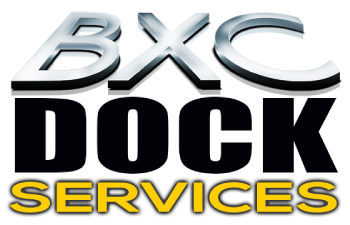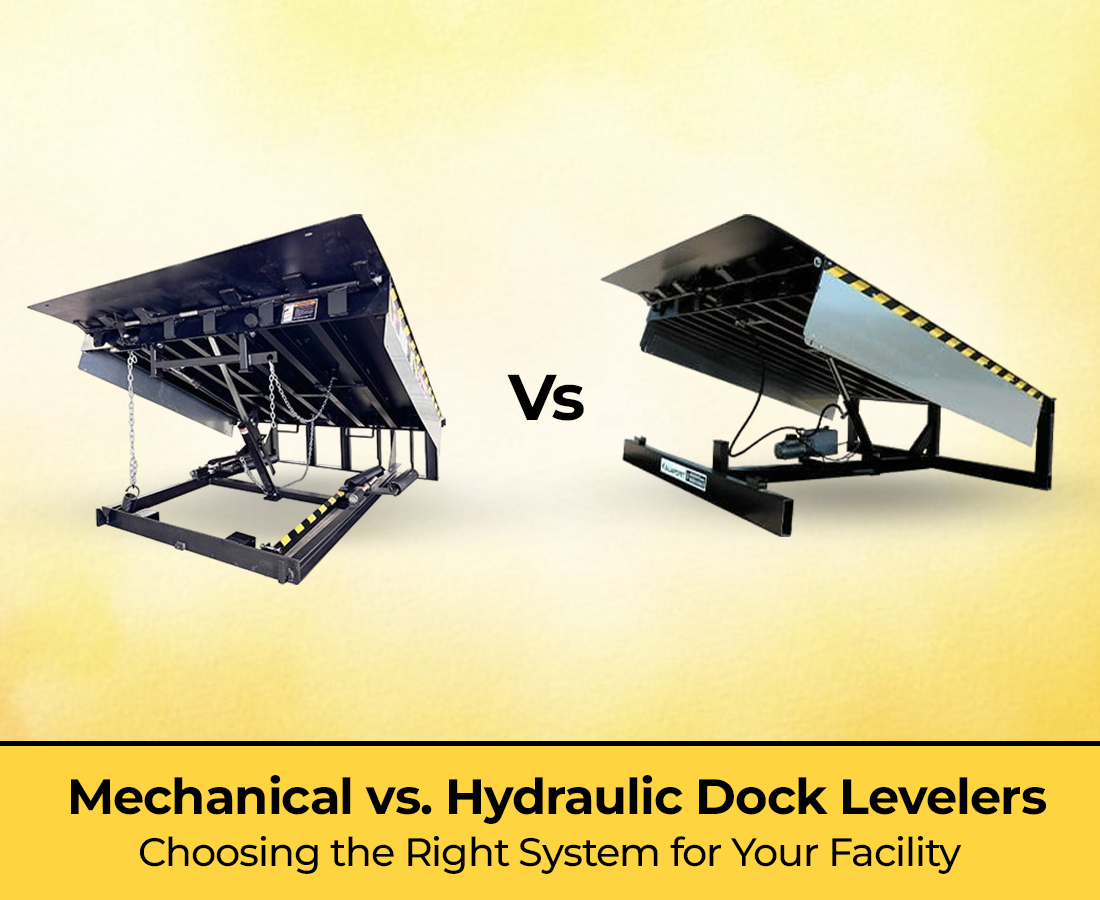Trucks come and go at a warehouse all day. Sometimes they wait too long because the dock is slow or broken. That makes everyone unhappy: drivers, workers, and even customers. BXC Dock Services helps warehouses fix these problems with smart Loading Dock services. They make sure docks are safe, fast, and ready to keep trucks moving smoothly. With better docks, trailers leave faster, workers are safer, and shipments arrive on time.
Paths to Improved Efficiency
Before the upgrade, trailers had to wait a long time. Old docks made loading slow, and sometimes equipment broke down. Workers had to spend extra time fixing things instead of moving goods.
Without regular loading dock maintenance, small problems like stuck dock plates or broken bumpers turned into big delays. These delays slowed down shipments and frustrated drivers. It was clear that something needed to change.
Installing New Dock Levelers
BXC Dock Services brought in new dock levelers. These are strong platforms that connect the warehouse to the truck. They move up and down so trucks of different heights can be loaded easily.
With professional fast-loading dock solutions, workers could move shipments faster. The new levelers made the docks safer and more reliable. No more waiting for trucks to adjust or struggling with broken equipment. The warehouse could now handle more trailers each day.
Keeping Equipment in Shape
Installing new equipment is only the start. Regular loading dock maintenance keeps everything working well. We check dock levelers, bumpers, seals, and all parts to prevent problems before they happen.
When docks are maintained, workers feel safe. They can focus on loading and unloading without worrying about broken equipment. Maintenance also stops little problems from becoming big delays.
How Downtime Was Reduced
One big goal was reducing dock downtime. Every minute a dock isn’t working costs money and slows trucks. New dock levelers, combined with maintenance, helped the warehouse keep docks running all day.
Trucks now arrive, unload, and leave much faster. Less waiting means the warehouse can move more shipments without building more docks. Staff can work calmly, and drivers get back on the road sooner.
Benefits of Upgraded Docks
The new docks changed the warehouse for the better. Loading became faster, safer, and smoother. Workers had less stress, and drivers appreciated the speed.
Here’s what improved with the new dock levelers:
- Faster trailer turnaround and less waiting
- Safer docks for workers and drivers
- Easier scheduling for high-volume shipping docks
- Consistent handling of all products
- Overall, smoother warehouse operations
Why Professional Services Matter
BXC Dock Services doesn’t just sell equipment; they offer complete Loading Dock services. This includes checking the warehouse, installing new docks, and ongoing maintenance.
With expert help, warehouses can manage high shipment volumes without worrying about broken equipment. Safe, fast docks make everyone’s job easier and help keep deliveries on time.
Smarter Docks, Happier Warehouses
Modern docks make a big difference. By using professional fast-loading dock solutions, scheduling regular maintenance, and focusing on reducing dock downtime, warehouses can work smarter, not harder.
BXC Dock Services helps warehouses stay efficient and safe. New dock levelers mean faster shipments, safer staff, and happier customers. Contact us today and make your docks ready for smooth, fast operations.
FAQs
- How do new dock levelers help trailers move faster?
They adjust to different truck heights and make loading and unloading quick and safe. - Why is loading dock maintenance important?
It prevents breakdowns and keeps operations smooth and safe. - What are fast-loading dock solutions?
They are modern equipment and systems that help move goods quickly and safely. - How does reducing dock downtime help a warehouse?
It allows more trucks to load and unload without delays, saving time and money. - Can BXC Dock Services help any warehouse?
Yes, they provide customized solutions for all sizes and types of warehouses.


